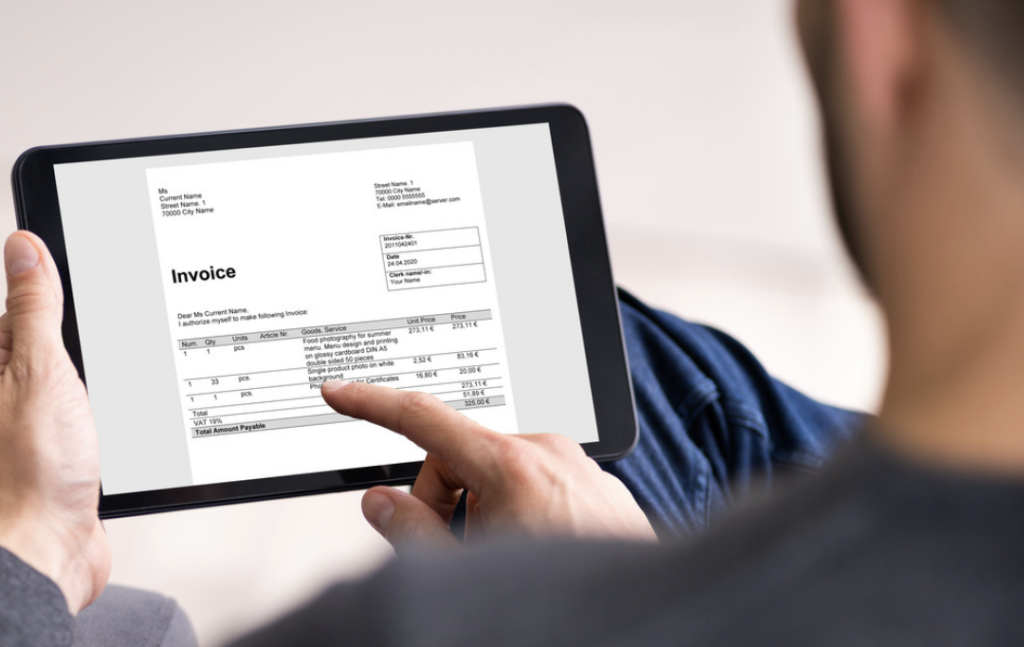Paper invoices are increasingly going out of fashion as more and more systems are becoming digitalised. Of all invoices received by the government in recent months, fewer and fewer are in paper format.
A payment term monitor, put in place by State Secretary for Budget Eva De Bleeker to track the government's payment of its invoices, shows that for the first time, the number of digital invoices clearly prevails: Whereas in January, 50% of the invoices were still on paper, the number dropped to 37% in June.
"Digital invoices have finally taken over this year. We have to get rid of the paperwork. It only results in pointless work, wasted time and costs for both government and business," she said in a press release.
The number of invoices sent by mail increased most significantly, from 28% to 44% in six months. Fully automated e-invoicing accounts for 18% of invoices.
According to De Bleeker, this is a sign that the Federal Public Service (FPS) should go "full steam ahead" with digital invoices and ban paper invoices altogether.
Simplifying invoice process
The digitalisation of invoicing is an "implicit shortening of the integral payment term," as it removes the difference in timing between the invoice date and scan date. "Those who want to see their money quickly can give the government a helping hand by using e-invoicing or at least forwarding the invoice by e-mail," she said.
Currently, the government paid its invoices on average 21 days after the scan date, however, payment term relative to the invoice date is 47 days on average, meaning some suppliers are left waiting a long time before they are paid.
Related News
- Record number of electronic transactions during summer sales
- Companies still refuse electronic payment despite new law
"This is not only very unpleasant for those entrepreneurs but also sometimes causes financial stress," she said. This is also a problem that occurs much less to nearly never when the system of digital invoicing is used.
Between companies and individuals, too, preference is increasingly given to digital bills and invoices as they are not only more climate-friendly but also more user-friendly. However, customers who explicitly ask for them are still entitled to a paper invoice, De Bleeker confirmed last year following a dispute with the telecom sector.

